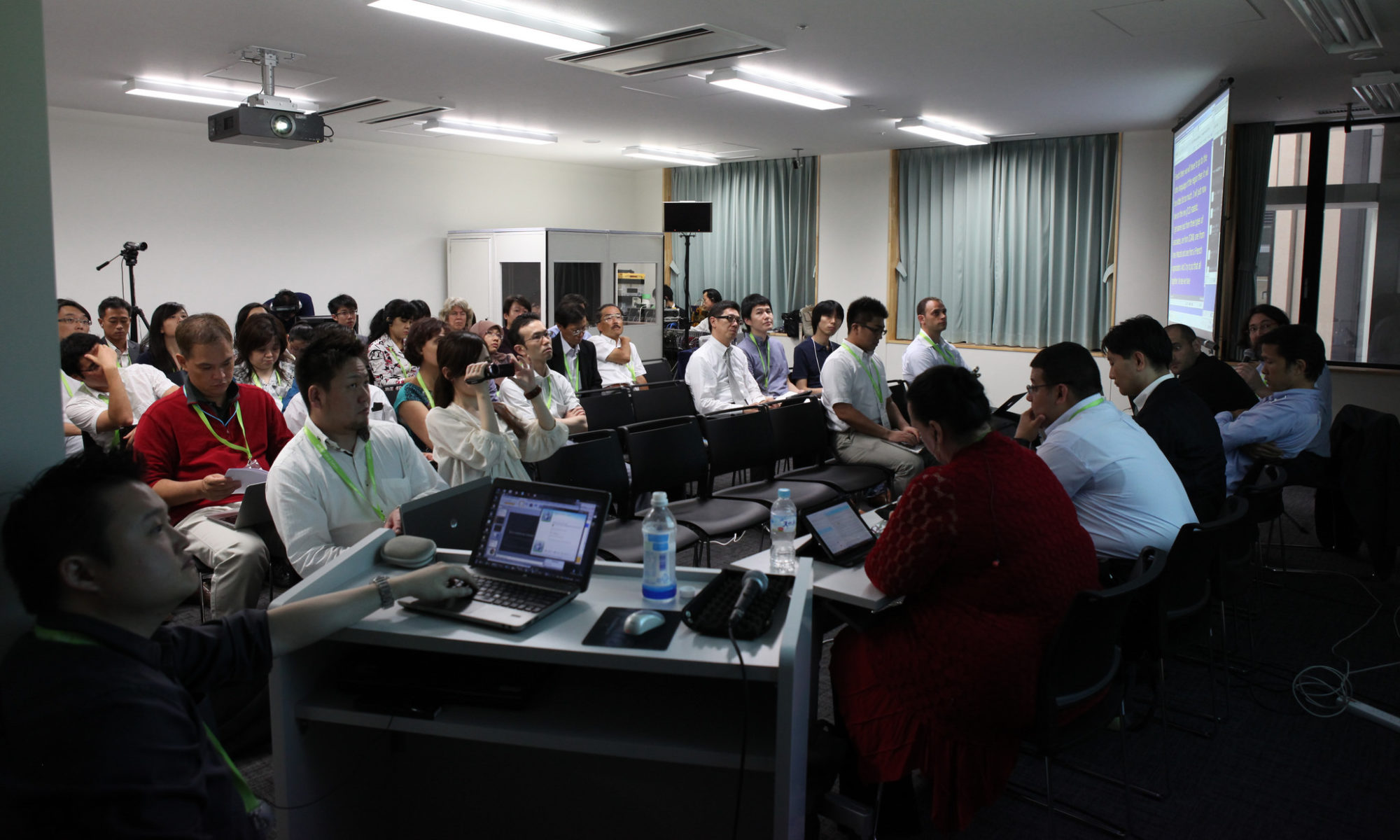Date: 19th July 2012 (Friday)
Time: 11:30 – 13:00
Venue: Room 17603, 6th Floor, Building No.17, Aoyama Campus, Aoyama Gakuin University
(Jointly organized by Southeast Asia Center for e-Media (SEACeM), Southeast Asian Press Alliance (SEAPA), and Freedom House)
This panel will address certain key questions around the value of the Internet as a forum for free expression and information in Asia, and how legislation can achieve its purpose without treading on the right to retrieve and convey information. It will argue for the importance of protecting human rights to freedom of opinion and expression and to access to information in cyberspace, refuting the idea of “Asian values” that deemphasize individual freedom.
Agenda
Highlighting individual and civil society organizations’ experience, this panel will address these five questions in particular:
Illustrating the trends
- Policy drafted to protect cultural and personal sensitivities – including laws against libel, hate speech and defamation – have often been used to silence alternative views and have had the consequence of causing self-censorship among those who would use public speech to question authority. What role, if any, do these laws have in online media? How should online speech be legally regulated, if at all?
- More and more, Asian governments are censoring online content, preventing their people from accessing and sharing information. This censorship is sometimes designed to protect vulnerable groups, but is often carried out in the name of national security or protecting cultural sensitivities. Is this censorship ever legitimate? In what circumstances or situation?
- In many instances, governments have outsourced policing of content to the private companies and organizations that host and transmit information, including ISPs, search engines, hosting companies, and social media sites. When these companies are saddled with this responsibility, they have little incentive to protect sensitive or questionable content, and that grey area becomes a black line. Where have these “3rd party liability” laws taken effect, and what consequences have they had? How can the negative consequences of these laws be avoided? What are the best practices for writing policy on 3rd party liability?
Arguing for the importance of Internet
- In countries with a limited public sphere, what role can the internet play in raising the voices of traditionally marginalized segments of the population, including women, LGBT persons, and religious minorities?
Discussing how to promote and protect free online expression & information
- Certain Asian countries have historically had low levels of Internet penetration – often due to poverty or lack of ICT infrastructure – but have the prospect of bringing millions of people online in the coming years. As these people join the web, how can their typically-underrepresented voices be elevated, and what role can technology play in the empowerment of civil society and citizens in these countries?
Panel
Moderator – Ms. Miwa KUBOSAKI, Senior Program Officer, Southeast Asia Program, Freedom House
Panelists –
- Mr. Arthit SURIYAWONGKUL, Coordinator, Thai Netizen Network
- Mr. Ed LEGASPI, Alerts & Communication Officer, Southeast Asian Press Alliance (SEAPA)
- Mr. John LIU, East Asia (Southeast & Northeast Asia) Programme Officer, Asian Forum for Human Rights and Development (FORUM-ASIA)
- Mr. Victorius SADIPUN, ICT Consultant, Indonesia

